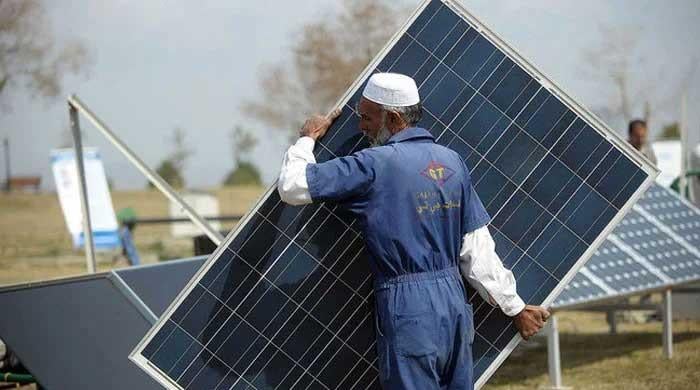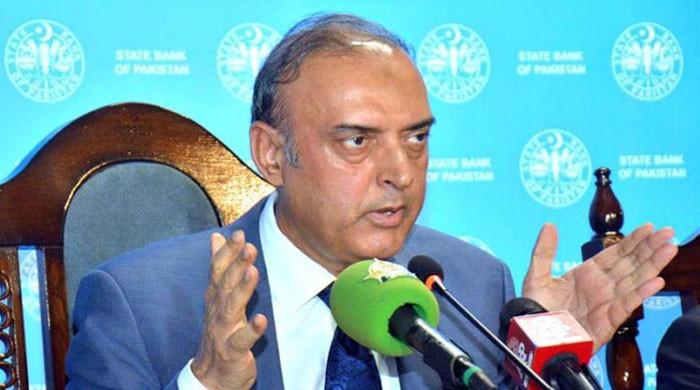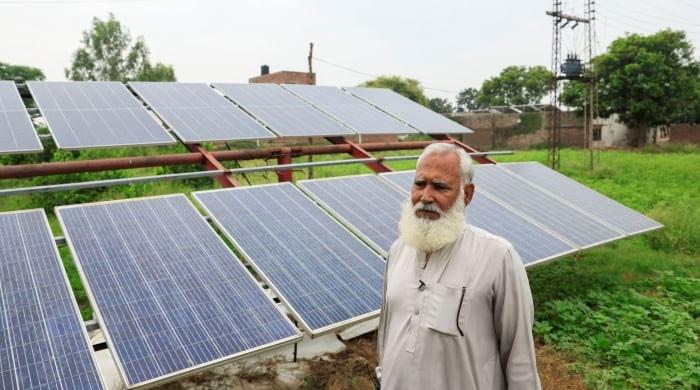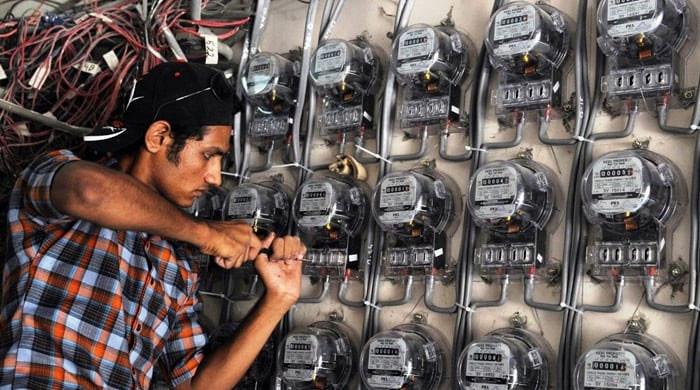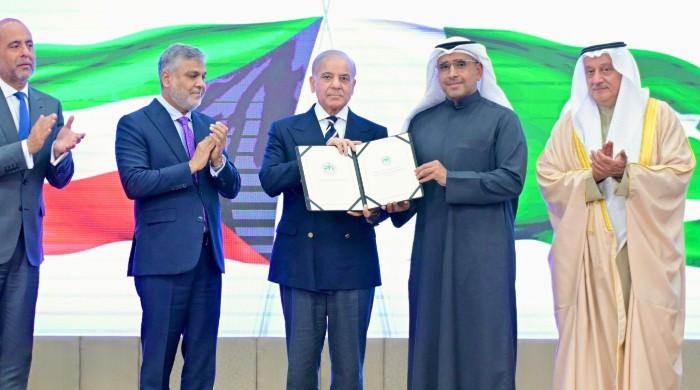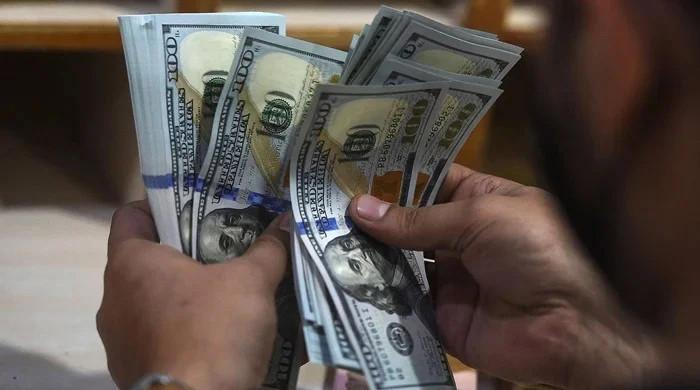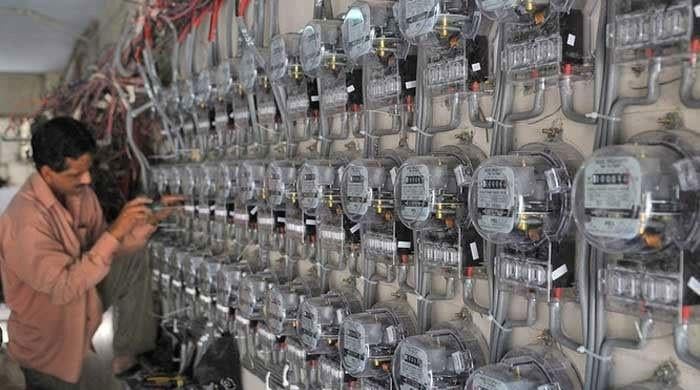IMF says budget talks with Pakistan to continue in coming days
IMF acknowledges reforms, inflation control measures, exchange rate flexibility push
May 24, 2025
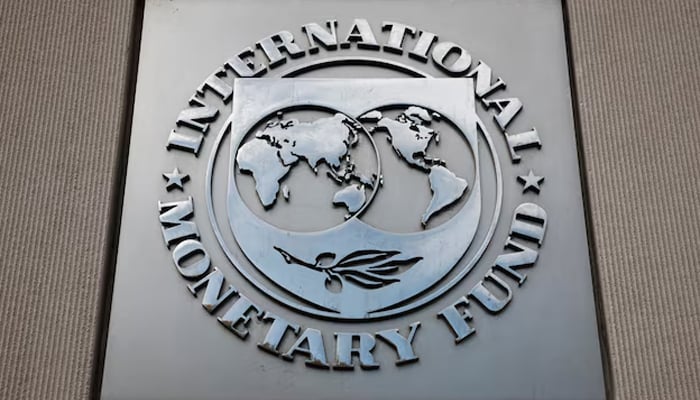
- FY26 budget aims 1.6% primary surplus.
- Energy reforms discussed to cut power costs.
- Next IMF mission expected later this year.
ISLAMABAD: The International Monetary Fund (IMF) has announced that discussions on Pakistan’s fiscal year 2026 (FY26) budget will continue over the coming days, following the conclusion of a staff-level visit to Islamabad.
The mission's conclusion comes hours after the federal government announced it would now present the Budget 2025-26 on June 10, a delay from the earlier announced date of June 2, showing that it was struggling to finalise fiscal targets with the IMF.
The Economic Survey FY2025, a report card of the performance of various sectors of the economy for the outgoing fiscal year, will be unveiled a day before the budget, on June 9, the finance ministry said.
Led by IMF Mission Chief Nathan Porter, the delegation arrived in the capital on May 19 to assess recent economic developments, programme implementation, and the government’s proposed budget strategy.
In a statement at the end of the visit, Porter said: "We held constructive discussions with the authorities on their FY2026 budget proposals and broader economic policy, and reform agenda supported by the 2024 Extended Fund Facility (EFF) and the 2025 Resilience and Sustainability Facility (RSF)."
The Pakistani authorities reaffirmed their commitment to fiscal consolidation while safeguarding social and priority spending. The FY26 budget targets a primary surplus of 1.6% of GDP.
Revenue measures under discussion, the Washington-based lender's statement said, include improved compliance and an expanded tax base, alongside prioritised expenditure.
The IMF and Pakistani officials also reviewed reforms in the power sector aimed at improving financial viability and reducing high costs. Broader structural reforms intended to encourage sustainable growth and level the business playing field were also discussed.
Porter said that the government was committed to "sound macroeconomic policy making," adding that maintaining a tight, data-driven monetary policy remained crucial to anchoring inflation within the State Bank of Pakistan’s 5-7% medium-term target.
The statement further emphasised the importance of rebuilding foreign exchange reserves, maintaining a fully functioning foreign exchange market, and allowing greater flexibility in the exchange rate to improve external resilience.
The IMF expressed appreciation for the hospitality and cooperation of federal and provincial authorities and confirmed that the next EFF and RSF review mission is expected in the second half of 2025.




